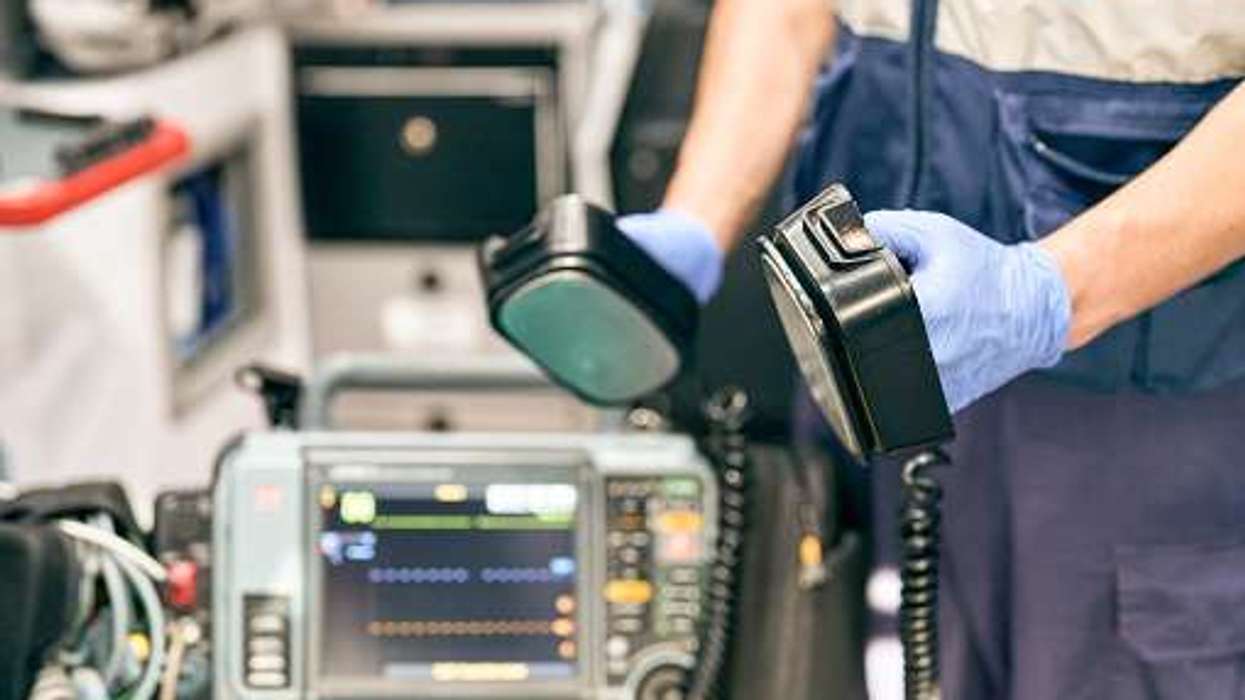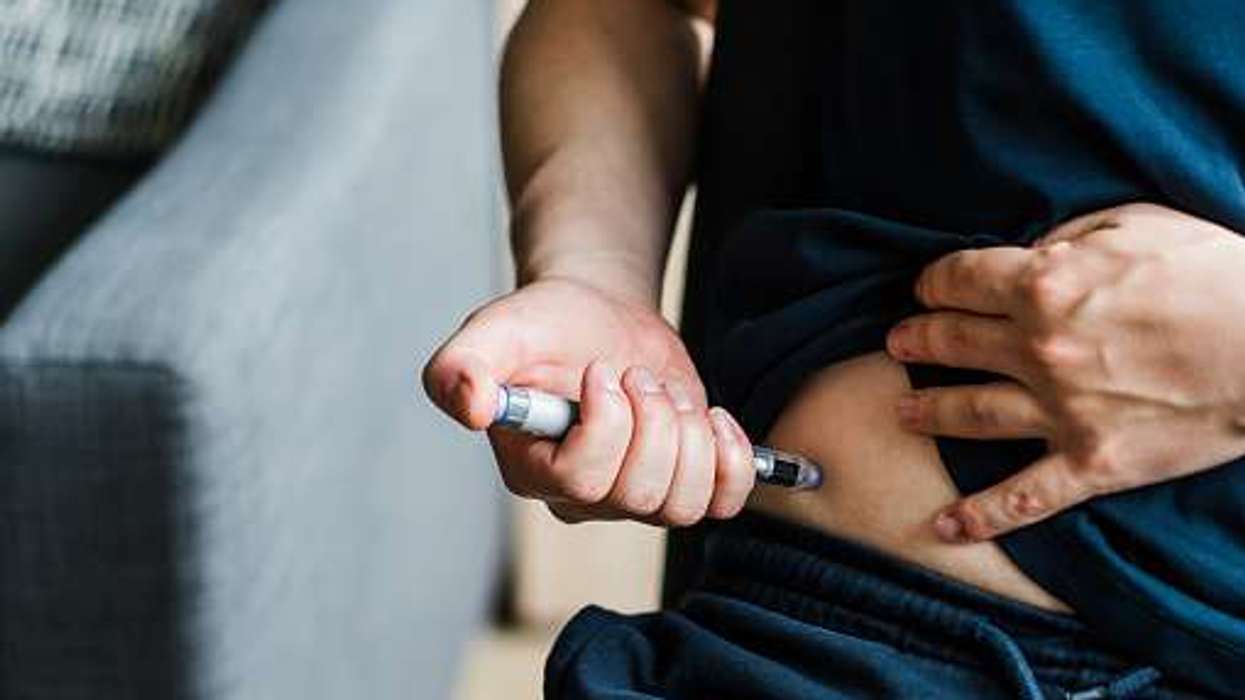YouGov polling commissioned by the Pharmaceutical Services Negotiating Committee (PSNC) has revealed that majority of the people responding to the poll said that they would be concern by the pharmacy closure in their locality.
The results show the extent of the public backing for a Pharmacy First approach – PSNC has been arguing that a fully-funded service would be beneficial for pharmacies, patients and the wider NHS.
The poll witnessed 1,774 adults’ participation from England. It showed 68 per cent of people agree that they would find it easier to seek health advice for common conditions, such as skin conditions or indigestion, at a community pharmacy rather than a GP surgery. Only 11 per cent disagreed that this would be easier.
While 75 per cent of people agree that they would like to see community pharmacies offering more healthcare services such as treating urinary tract infections or sore throats. Only 6 per cent strongly disagreed with this.
When asked how important, if at all, are the services provided by community pharmacies to them, their family, or community, 78 per cent indicted this was very important. Only 14 per cent said this wasn’t important.
77 per cent said they would be very concerned if the pharmacy they use most often were to close permanently. Only 19 per cent said they would not be very concerned.
PSNC believes if the government commits to a fully funded ‘Pharmacy First’ service, it could build positively on the contributions pharmacies make in local communities and, with adequate funding, alleviate wider pressures in the primary care system and the NHS.
It has also warned that without any further funding into the sector, more unplanned closures of pharmacies are increasingly likely, running the risk of reduced access to vital services for patients; and the pharmacies that remain open will not have sufficient resources to help all the patients displaced by closures.
The committee hopes that a fully funded Pharmacy First service will be included in the Government’s upcoming Primary Care Recovery Plan – we understand the approach is supported by Ministers.
PSNC Chief Executive Janet Morrison said: “These polling results will come as no surprise to anybody working in community pharmacy – the public value their local pharmacies and want to see them doing even more to support their health.
“Having the data to prove this is incredibly important and allows us to once again show Government and the NHS how important pharmacies are and how much people want to go on using them. They must listen to the voice of the public and step in not only to save pharmacies, but to allow them to build on their successes during the pandemic to offer a national Pharmacy First service.”











